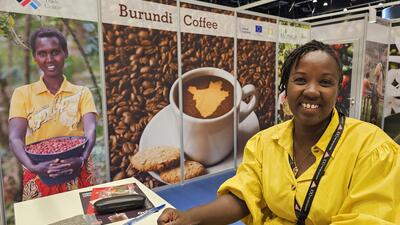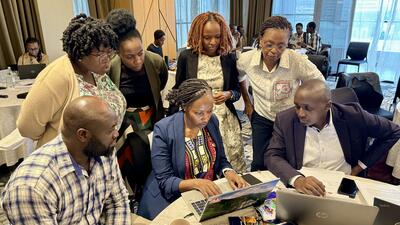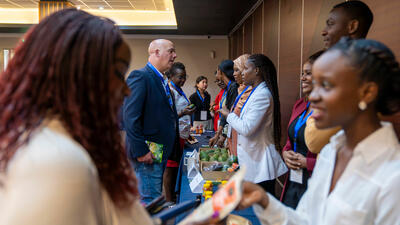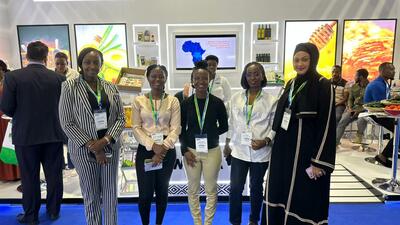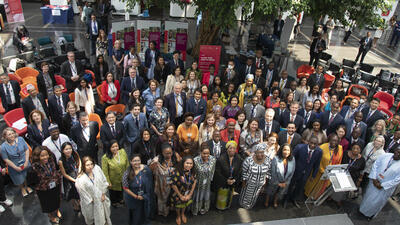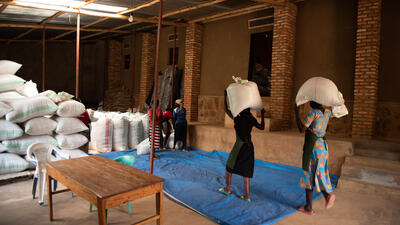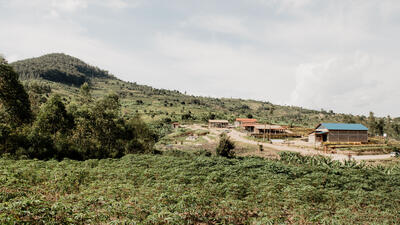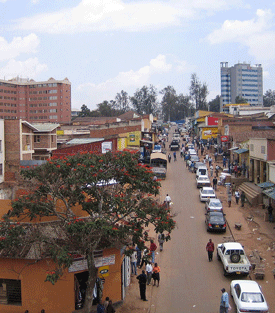
Tripartite free-trade deal could boost trade across Africa
The on-going negotiations on a free-trade agreement between the Common Market for Eastern and Southern Africa (COMESA), the East African Community (EAC) and the Southern African Development Community (SADC) and in particular the potential impact of the FTA on the private sector was put under spotlight at a two-day public-private dialogue in Kigali, Rwanda, on 16-17 July.
The event was co-hosted by ITC, the East African Business Council and the African Capacity Building Foundation, and speakers included ITC staff with experience negotiating free-trade agreements, private-sector representatives, officials from the EAC Secretariat, and permanent secretaries of national ministries responsible for EAC affairs.
This event built on previous support ITC has provided to the regional integration process in East Africa, such as technical assistance on the Common Market Protocol for the EAC and negotiations on Economic Partnership Agreements.
‘The tripartite FTA will enable the EAC to further integrate with the SADC and COMESA regions,’ said Rajesh Aggarwal, Chief of ITC’s Business and Trade Policy section. ‘It will remove the inefficiencies and barriers created by overlapping memberships in these regional economic communities and it will serve as a key stepping-stone towards an Africa-wide free trade area,’ he said.
The event focused in particular on issues that will be addressed in first phase of the tripartite FTA negotiations such as market-access offers, rules of origin, non-tariff barriers and transit procedures. The discussions enabled producers from the EAC countries to start identifying potential export opportunities in the broader tripartite FTA region and pin-point which industries the EAC countries that are most likely to face increased competition from producers in COMESA and SADC.
Representatives from the private sector also took advantage of the meeting to put forward a list of recommendations that they would like to see the EAC governments and the EAC Secretariat address during the FTA negotiations.
In addition to further tariff liberalisation, private-sector representatives pointed out that the FTA negotiations should be an opportunity to improve trade facilitation (especially for landlocked countries), reduce non-tariff barriers, simplify compliance with technical regulations and harmonise the different approaches to rules of origin in three regional economic communities. This was picked up on by senior government officials, who emphasized that the negotiations would be about more than just reducing tariffs, but would also aim at improving competitiveness.
ITC’s Business and Trade Policy (BTP) section promotes the participation of the private sector in the formulation of national trade policy and positions in international trade negotiations.
Learn more about ITC’s work on non-tariff measures.




